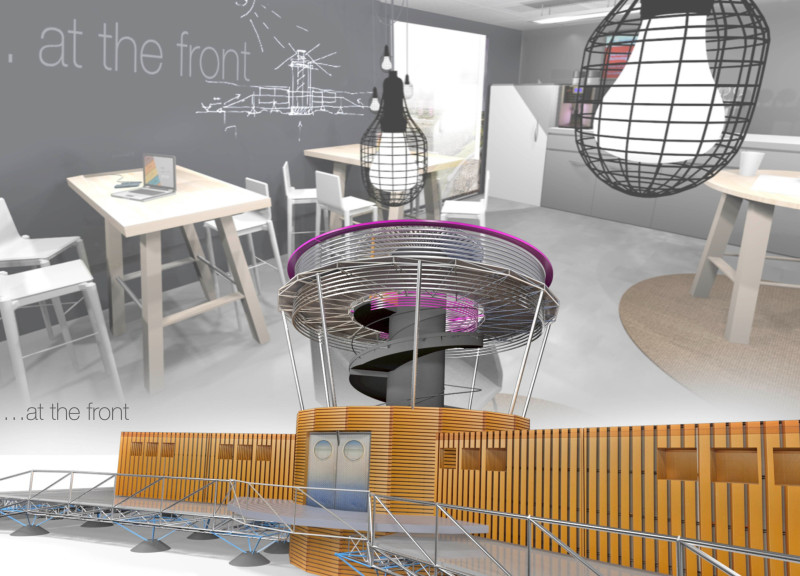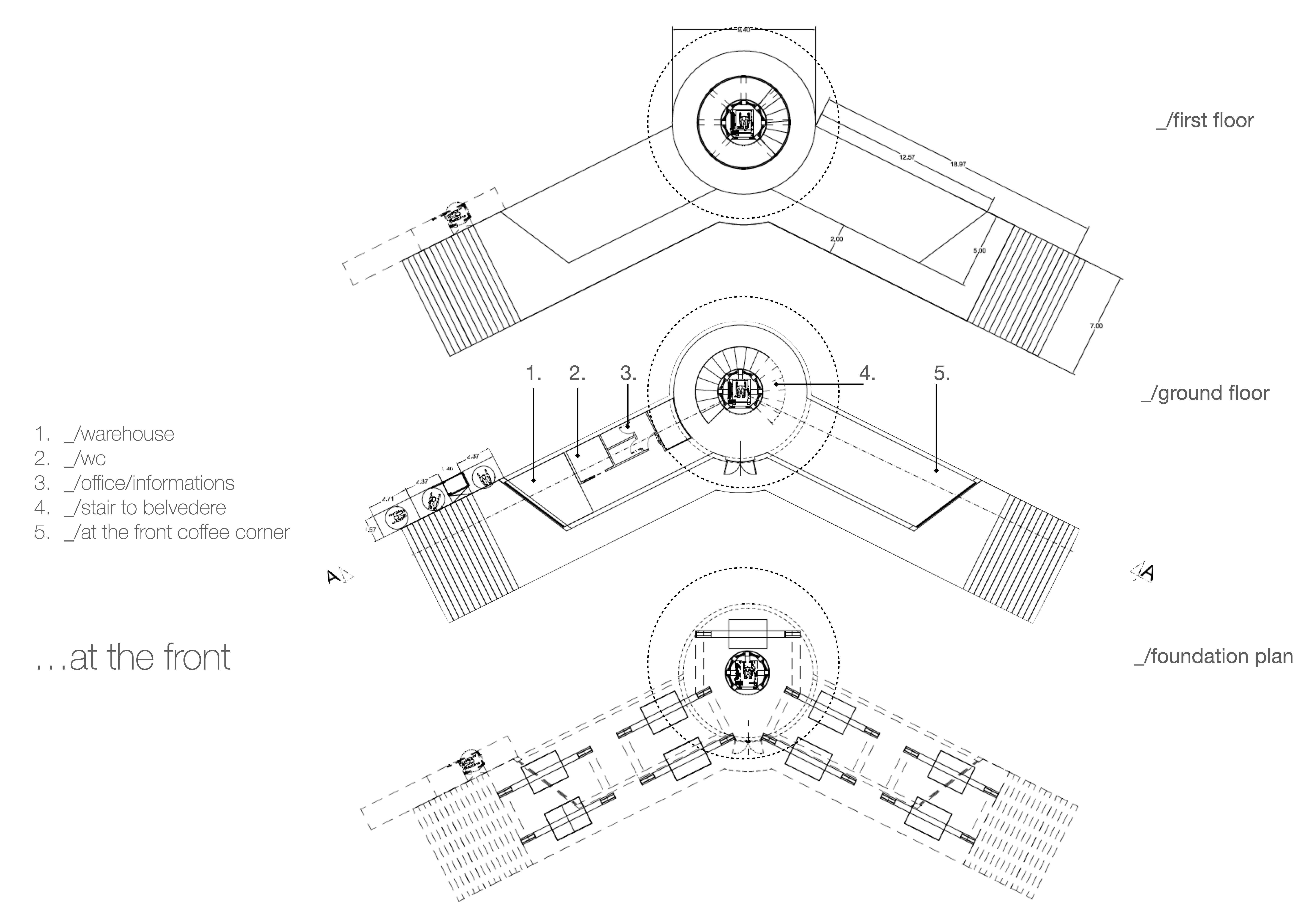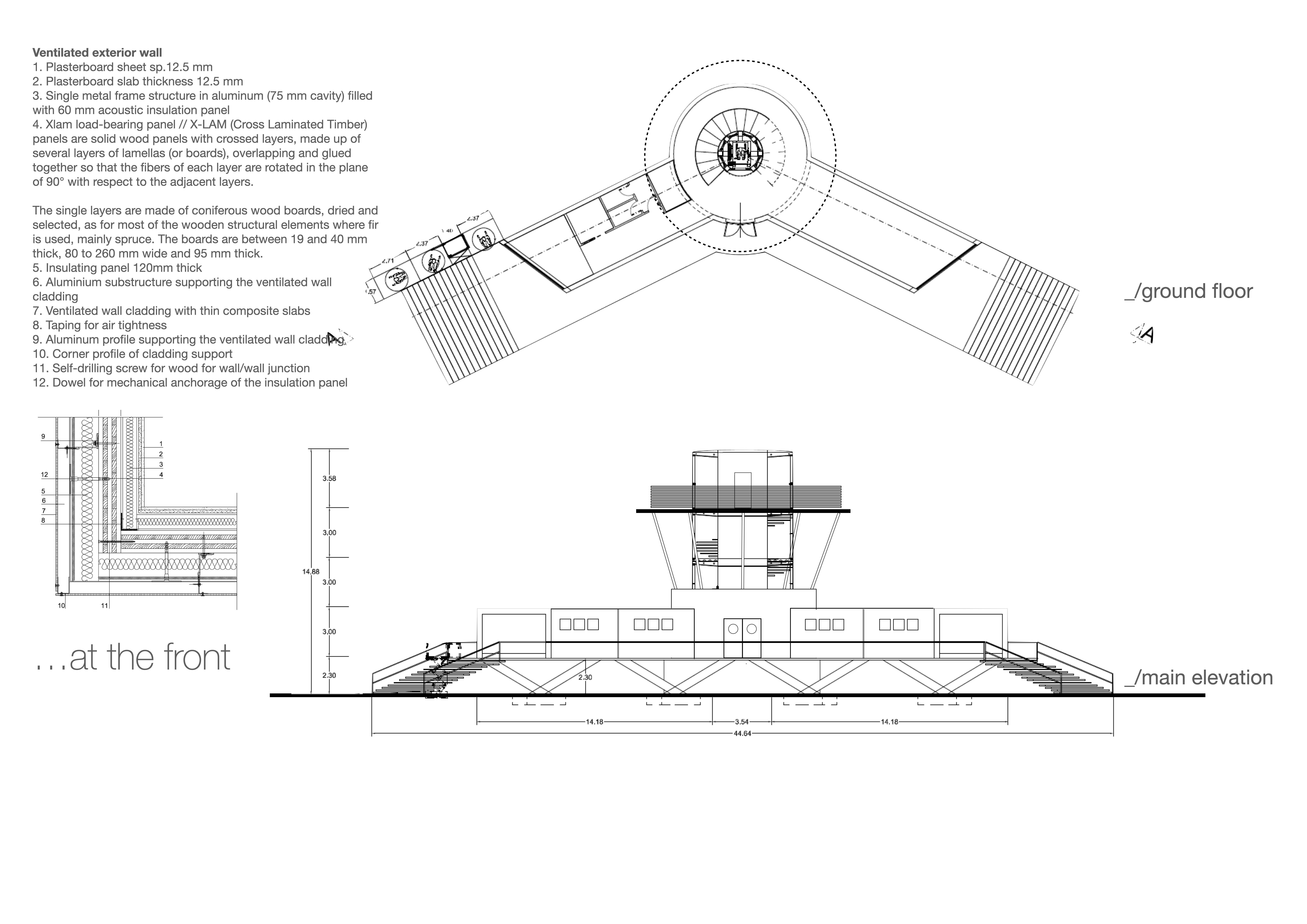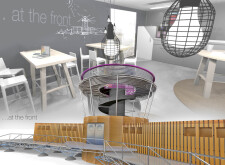5 key facts about this project
The project under analysis is a contemporary architectural design that seamlessly integrates functionality with aesthetic considerations. Set in an urban environment, the structure is designed to accommodate both residential and commercial uses, effectively embodying the principles of mixed-use development. This project utilizes materials that promote sustainability and enhance the overall visual appeal, reflecting a modern approach to urban architecture.
One of the most distinctive features of the design is its emphasis on natural light and open spaces. The layout maximizes daylight penetration through strategically placed windows and skylights. This not only contributes to energy efficiency but also creates a pleasant living and working environment. The exterior façade is characterized by a combination of glass and locally sourced stone, which enhances the building’s connection to its surroundings while providing thermal insulation. The use of these materials is deliberate, showcasing a balance between durability and aesthetic value.
The structure functions as a community hub, integrating retail spaces on the ground level with residential units above. This multifunctionality encourages interaction among residents and visitors, fostering a sense of community within the urban landscape. It showcases a thoughtful approach to urban living, where accessibility and convenience are prioritized. The landscape design complements this by incorporating green spaces, such as rooftop gardens and community parks, which promote biodiversity and serve as recreational areas for residents.
The project stands out due to its innovative design methodologies. It employs passive design principles that reduce energy consumption, including the strategic orientation of the building to harness prevailing winds for natural ventilation. Such approaches are not only economically advantageous but also align with global sustainability goals. The incorporation of rainwater harvesting systems further emphasizes the project’s commitment to environmental stewardship.
In addition, the building is equipped with smart technology, integrating home automation systems that enhance the usability and security of the residential units. This forward-thinking aspect of the design reflects a growing trend towards smart living environments, tailored to meet the needs of modern inhabitants.
Exploring architectural plans, architectural sections, and architectural designs associated with this project will provide deeper insights into its layout and spatial organization. The unique architectural ideas presented contribute to a contemporary urban narrative that addresses both the practical and aesthetic needs of its users. For a comprehensive understanding of the project, interested readers are encouraged to delve into the provided project presentation, which elucidates further details and design decisions that define this architectural endeavor.





















































